 Small businesses are an essential part of the U.S. economy. These companies employ a significant number of Americans and account for 99.9% of firms in the United States. If you’re considering starting a small business, or want to see the effects companies like yours have on the nation, then explore these key job creation statistics. Discover how you can help create new jobs and grow the economy while doing business with the U.S. government as a business-to-government small business owner.
Small businesses are an essential part of the U.S. economy. These companies employ a significant number of Americans and account for 99.9% of firms in the United States. If you’re considering starting a small business, or want to see the effects companies like yours have on the nation, then explore these key job creation statistics. Discover how you can help create new jobs and grow the economy while doing business with the U.S. government as a business-to-government small business owner.
Small Business Definition
The definition of a small business can vary but the U.S. Small Business Administration (SBA) Office of Advocacy defines one as an independent business with fewer than 500 employees. This is a common definition used in many reports on the U.S. economy.
For federal contracting and government programs, there are also industry-level size standards. These standards come with requirements such as being independently owned and owned at least 51% by a U.S. citizen. SBA programs require companies to be registered with the System for Award Management and meet income, total asset, and net worth restrictions to continue to enjoy small business programs and benefits.
Number of Small Businesses in the United States
There are approximately 32.5 million small businesses across the nation according to Zippia, compared with only 20,139 large businesses. Small firms comprise approximately 47.1% of private-sector employees and create 32% of the known export value.
Despite a large number of small firms, about 81% of them have no employees. This means that only six million small firms have paid employees.
Benefits of Small Business Ownership
As a small business owner, you have the opportunity to live the lifestyle you want and contribute to your local community. Here are just a few key benefits of small business ownership to consider if you’re looking to start your own firm:
- Be your boss: Owning a small business means being in charge of the key decisions in the company. From broad strategy decisions to daily tasks, it’s up to you to ensure the company is profitable and moving in the direction you want. Approximately 29% of business owners decided to open a business to be their own boss.
- Live and work more independently: Depending on the industry you work in, you may have the ability to create your schedule and tailor your products and/or services to fit your goals. You won’t have to worry about requesting time off or requesting permission to work overtime.
- Enjoy financial benefits: It’s difficult to determine the exact amount small business owners earn. On average, they earn a salary of about $59,000 per year, or between $29,462 and $160,606.
- Create local jobs: Small business owners are the main driver for local jobs. Smaller companies that require talent may be less likely to draw in professionals from other areas, so they contribute to the local economy and job growth.
- Increase the tax base of your community: Large corporations may draw taxes away from communities, while small firms increase the local tax base.
- Help create your community’s identity: Small firms can create an identity the community is proud of. Unlike national or multinational brands, small companies better reflect local community values and identity.
New Job Creation Statistics
According to the SBA Office of Advocacy in 2020, small businesses created 10.5 million new jobs between 2000 and 2019, compared with large businesses that only created 5.6 million jobs in the same period. Small firms accounted for 65.1% of net new job creation between 2019 and 2000. In April 2022, employment increased across the nation by 428,000, according to the U.S. Bureau of Labor Statistics.
These stats highlight how small businesses are changing the face of the nation. With a significant amount of job creation coming from small firms, these firms are critical to stable levels of employment and production.
COVID-19 Small Business Trends
The U.S. Census Bureau states that over 40% of smaller businesses had labor shortages in March 2022 due to COVID-19 and other factors. Many of these small companies were able to continue to operate thanks to the help of the Paycheck Protection Program (PPP) and other assistance. Here are some other strategies small business owners have used to continue to create jobs and overcome labor shortages:
- Updating health and safety strategies
- Finding talent through social media
- Increasing wages
- Providing competitive benefits
- Creating a strong sense of community and company culture
Opportunities for Business Owners
If you’re a small business owner, consider growing your firm and continuing to create local jobs by becoming a business-to-government firm. Do business with the U.S. government by registering with the System for Award Management (SAM) and exploring these U.S. Small Business Administration certifications.
When you offer your products and/or services to the world’s largest and most important client, you may be able to improve your opportunities and grow your firm. Secure the lucrative contracts you need to hire qualified professionals, increase wages and benefits, and give back to your local community.
Expand Your Contracting Firm, the Rafael Marrero Way
Learn more about the state of small businesses in the United States and how you can position your firm with the help of Dr. Rafael Marrero. Contact us today to discover how to become a government supplier and lead the way in job creation in the United States.


